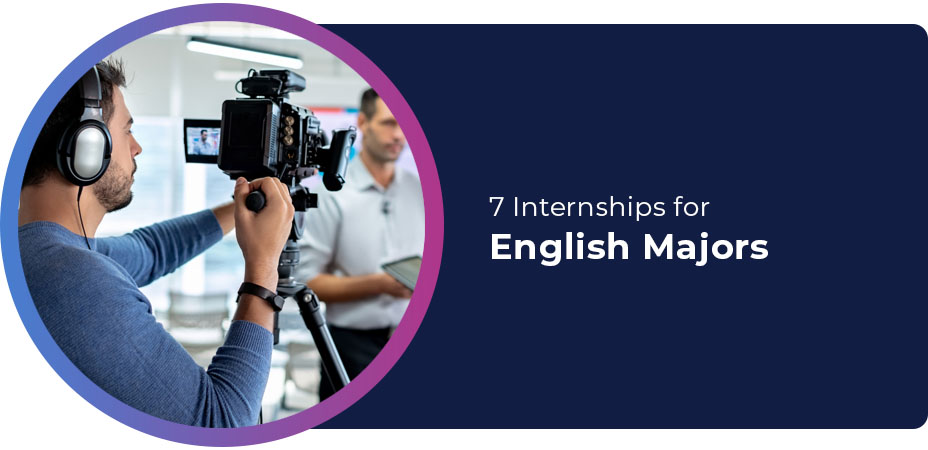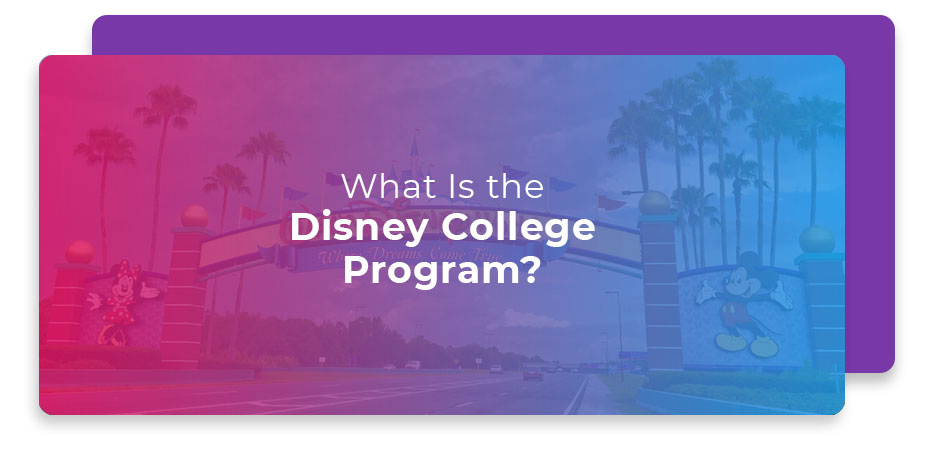
Summary: Informational interviews can give you insight into the career field you would like to pursue. Learn more about what an informational interview is, as well as learning how best to prepare.
Informational Interviews Help You Learn About Career Paths

How do you know a career is right for you? Choosing a career path can be daunting when considering what will best fit your interests, skill sets, work location preferences, and pay. That’s where job shadowing, mentorships, internships, apprenticeships, web searches, and informational interviews come in.
While only sometimes thought of, an informational interview is an informal discussion that gives you an opportunity to speak with a person working in a career field you are interested in. It can help you learn about a specific job type, career field, industry, or company, and it is your chance to discover what a person does day-to-day, what responsibilities they have, and what it’s like to work in their position. Here are some ideas to help you set up and get the most out of an informational interview.
Reach Out and Network

Reach out to family, friends, and acquaintances to see if they know anyone in the industry that you are interested in exploring. Introduce yourself and follow up with people you meet during networking events or job fairs. If there is a specific company you’d like to work for, consider contacting someone that already works there. Another way to contact people in the industry is to network with and follow career professionals on professional business networking platforms.
Prepare Your Questions
If you’re wondering how to prepare for a phone interview or an in-person meeting, your advance information-gathering will be much the same. Learn as much as you can about the person you will be interviewing, the company they work for, and their job responsibilities in advance. Be specific with your questions and think of opportunities to gain extra insight. Some sample questions include:
- “What was your learning path to this career?”
- “How did you choose this career?”
- “What is something that has surprised you about this career/job?”
Setting Up the Meeting and What to Do After

When preparing for the interview, let the interviewee determine the time they have available or together choose a mutually agreed upon time frame. Most informal interviews of this type are brief and, at most, 15 to 30 minutes. The time together will be the most productive if you’ve already prepared your questions. If they prefer, send your questions to the interviewee ahead of time.
You can also offer to meet in the most convenient manner for the interviewee—over the phone, in person, or via video conferencing. And at the end of your interview, ask for any recommendations your interviewee may have that will give you further insights into your career field. Suggestions could include talking with another professional in the company or ideas for tips for preparing for your own career. After the interview, send a follow-up email or thank you note thanking the interviewee for their time and help.
Build On the Opportunity
An informational interview should be a less stressful type of interview because you are the one in control. The discussion should be friendly yet respectful of the interviewee’s time. Its main purpose is to gain valuable career information before you step into that occupation.
The interviewee can also become a potential resource if you choose to pursue a similar career. Remember, a big part of a successful job search is networking; through informational interviews, you can expand your network..post-thumbnail img {display:none;}








